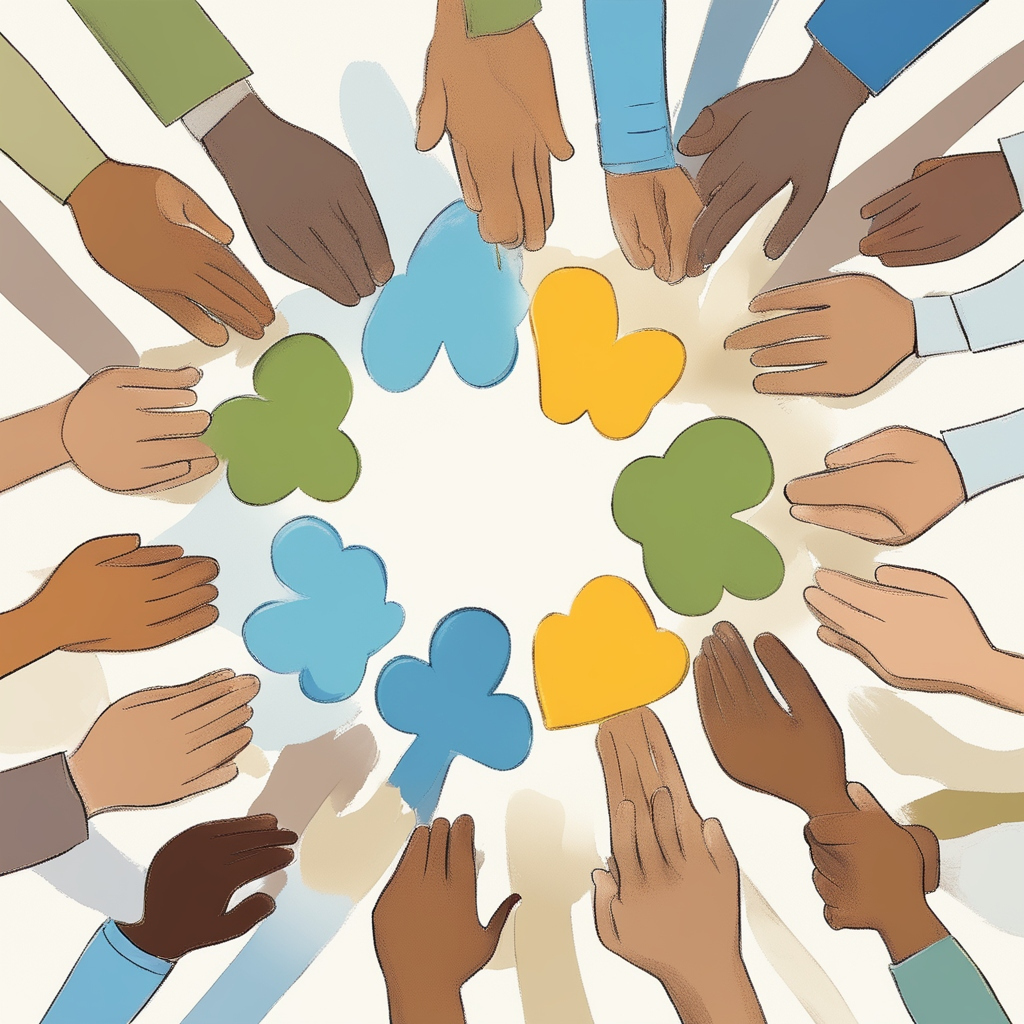Discipline is often misunderstood, seen as a mere tool for punishing undesirable behaviors. Yet, it is fundamentally about teaching, guiding, and preparing individuals—whether children or adults—for life’s challenges. The concept of discipline evolves and takes on different meanings and implementations at various stages of life. Adopting a flexible, empathetic, and consistent approach to discipline can yield profound benefits, fostering self-discipline and encouraging growth and development.
Understanding Discipline
Discipline should be viewed as a means to achieve personal growth and self-control. It is much more than punishment; it is an educational tool that facilitates learning and adaptation. Effective discipline focuses on setting boundaries, creating expectations, and providing a safe framework within which individuals can learn from their errors and successes.
The Evolution of Discipline Across Stages
Early Childhood
In early childhood, discipline is about laying the foundation for future behavior. Children at this stage are instinctually exploring their environment, learning through trial and error. Here, discipline involves setting clear, consistent boundaries while maintaining a nurturing and supportive environment. Positive reinforcement is crucial at this stage. Celebrating small successes and providing encouragement reinforces desirable behaviors. The approach is less about correcting wrongs and more about guiding explorations in a positive and constructive manner.
Middle Childhood
During middle childhood, children begin to understand societal norms and expectations. They develop the ability to reason and comprehend the consequences of their actions. Discipline at this stage involves teaching accountability and responsibility. Dialogue becomes essential; explaining the reasons behind rules helps children internalize proper conduct principles. Acceptance of diversity, flexibility, and resilience can be encouraged through role modeling and open communication. This developmental phase is a critical period for instilling values such as integrity and empathy.
Teenage Years
This stage is defined by a quest for independence, identity exploration, and a pronounced rebellion against authority figures. Teenage years require a dialogue-based disciplinary approach that emphasizes mutual respect and a greater understanding of individuality. Establishing a balance between freedom and responsibility is paramount. Encouraging critical thinking and decision-making skills helps teenagers navigate autonomy. Respectful discussions about consequences rather than imposing strict punishments foster mutual understanding and respect.
Adulthood
In adult life, discipline translates into self-control and self-motivation. Adults need to manage their responsibilities, relationships, and personal growth objectives. Techniques such as goal-setting, time management, and self-regulation are crucial. However, empathy remains an essential component. Acknowledging stressors and providing support networks can vastly improve discipline outcomes. At this stage, accountability to oneself becomes central, reinforced by an understanding of the impact on others and society at large.
Adapting to Individual Needs
While disciplinary approaches can be generally outlined, it is crucial to adapt them to individual needs and circumstances. Factors like personality types, life experiences, and environmental influences necessitate customization. Cultivating a deep understanding of each individual allows for an adaptable discipline strategy. This personalized approach ensures that disciplinary measures are both meaningful and effective.

The Role of Culture and Society
Culture significantly influences discipline. Societal norms dictate acceptable behaviors, and thus, they shape disciplinary strategies. Understanding cultural backgrounds is vital in creating discipline plans that align with individuals’ worldviews. Also, society’s ever-evolving nature means that discipline must adjust to address contemporary challenges such as digital behaviors and social media influences. Recognizing these nuances and adapting to them helps maintain relevance and effectiveness in disciplinary efforts.
Constructive Criticism and Positive Reinforcement
Constructive criticism is a cornerstone of effective discipline. Criticism should aim to educate rather than belittle, providing an opportunity for growth. Balancing criticism with positive reinforcement ensures individuals are motivated to improve rather than discouraged. Celebrating achievements, however small, fosters a sense of accomplishment and encourages continued efforts. This balance is crucial across all stages, fostering resilience and perseverance.
The Impact of Autonomy
Granting autonomy within the framework of discipline empowers individuals. Providing opportunities for choice instills a sense of ownership and accountability over one’s actions. Autonomy, when adequately monitored and guided, can lead to heightened motivation and self-discipline. Encouraging self-regulation and decision-making skills prepares individuals for future challenges, making them capable of navigating complex situations independently.
Discipline as a Journey
Discipline is not a static concept but a journey—one that evolves with the individual. Approaching discipline as a collaborative process rather than a top-down imposition ensures that it is contextual, meaningful, and impactful. Encouraging open conversations about goals, expectations, and consequences builds trust and facilitates constructive relationships. Ultimately, the goal of discipline should be to empower individuals, helping them to become self-disciplined, motivated, and capable of positively contributing to society.
Conclusion
Adopting a balanced and flexible approach to discipline is crucial at every stage. By understanding the individual’s needs and considering cultural and societal influences, discipline can provide powerful lessons. Through the right combination of guidance, autonomy, and support, individuals can develop self-discipline and resilience, ready to tackle life’s challenges with confidence and competence.